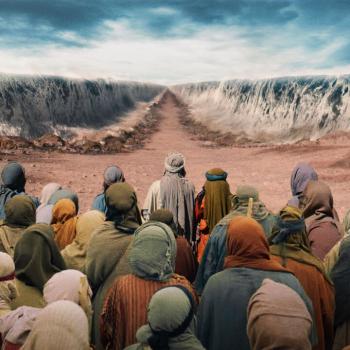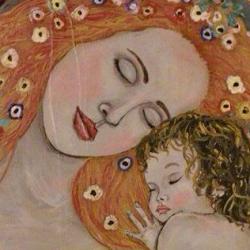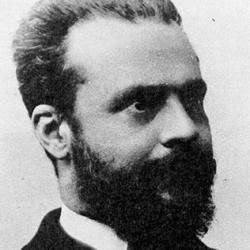Robert Okin’s Silent Voices is a beautiful, disturbing, sad book. A practicing psychiatrist, Okin spent time on the streets of San Francisco getting to know the homeless of that city.
The book includes some general analysis of the nexus between homelessness and mental illness. Tens of thousands of mentally ill people are living on the streets of American cities, and another quarter million are in jail. Okin found that most of the homeless he met “had experienced multiple traumas in childhood”—drug-addicted or alcoholic parents, sexually abusive parents and relatives, abandonment, verbal assaults. “Almost half of the homeless mentally ill women I met had been sexually abused as children, sometimes violently” (19).They turned to drugs to ease the pain of trauma, or became sexually promiscuous themselves. The loneliness, disorientation, hardship of homelessness itself damages mental health. One man told Okin, “Living on the street is so bad, you have to be either stoned or crazy to bear it” (22). They wear their anger, regret, guilt, depression out in the open. The most common self-evaluation is, “I’m a f*ck-up. Why else would I be living on the street”?
What makes this book stand out, though, is the personal focus. Most of the book is a compilation of the personal stories that Okin collected, with the permission of the subjects, from homeless men and women themselves. The book is also filled with moving photo portraits Okin took, again with the subjects’ permission.
There’s Ryan, a meth addict who describes a meth high: “Think of the best orgasm you ever had and multiply it 1,000 times” (78). The only thing that calms him is marijuana. He is wracked by regret over getting his girlfriend addicted to meth. Still, Ryan has hope that he will find his way out of his life, like his abusive Dad did when “he found God” and “totally changed” (79).
There’s Walter, a Vietnam vet panhandling at a rate that Okin estimates at $.06 per passing car. Walter has been suffering from post-traumatic stress since Nam, and has been a heavy drinker since he got home.
There’s Bridgett, who lived the high-life with her cocaine-dealer husband until her four-year-old daughter was raped by a brother-in-law, sending Bridgett into a drinking spiral that ultimately cost her her job and her home. In and out of rehab programs, she ended up dead of alcohol poisoning in a stranger’s apartment after a one-night stand.
Okin has advice for policy changes regarding the homeless. He stresses the centrality of misnamed “case management,” and he briefly presents a case against city ordinances that effectively criminalize the homeless. The great contribution of the book, though, is to present human faces, and to put stories with the faces. Okin wants to teach us what Isaiah demanded, “Do not hide yourself from your own flesh” (58:7).















